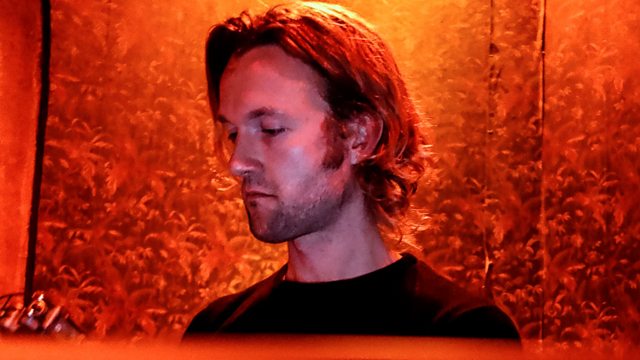
Who Killed Classical Music?
Composer Gabriel Prokofiev, grandson of Sergei Prokofiev, asks whether composers such as Schoenberg killed off 20th-century classical music for all but a small elite audience.
The Composer Gabriel Prokofiev (grandson of Sergei Prokofiev) looks at the increasing disconnection between classical music and its audience. He investigates the argument that composers such as Schoenberg killed off 20th century classical music for all but a small elite audience.
Until the early 20th century, each composer of classical music developed his own style built on the traditions of previous composers. Then Arnold Schoenberg changed all this, by devising 'Serialism' where melodies were no longer allowed.
In the 1950s, composers such as Pierre Boulez created 'Total Serialism'. Every aspect of a piece of music - rhythms and loudness as well as notes - was rigidly controlled by a fixed formula.
And the sense of composers being remote from their audience was exacerbated by the elevation of musical performance to a kind of ritual.
But even at a time when Serialism gripped major parts of the classical music establishment, music that was overtly emotional was still being written by composers such as Shostakovich and Prokofiev in Russia. Ironically, in these countries, the State continued to support classical music, whereas in more liberal regimes in Europe it retreated to the intellectual margins.
Now the Serialist experiment has been largely abandoned and a whole new generation of composers - including Gabriel himself - is embracing popular culture, just as composers used to in the past when folk music or dance music were a major source of inspiration.
So has the death of classical music been exaggerated? Will it find new homes and new means of expression to attract the audiences of the future?
With contributions from Arnold Whittall, Stephen Johnson, Alexander Goehr, David Matthews, Ivan Hewett and Tansy Davies.
Last on
Broadcasts
- Tue 21 Jan 2014 11:30大象传媒 Radio 4
- Sat 25 Jan 2014 15:30大象传媒 Radio 4
